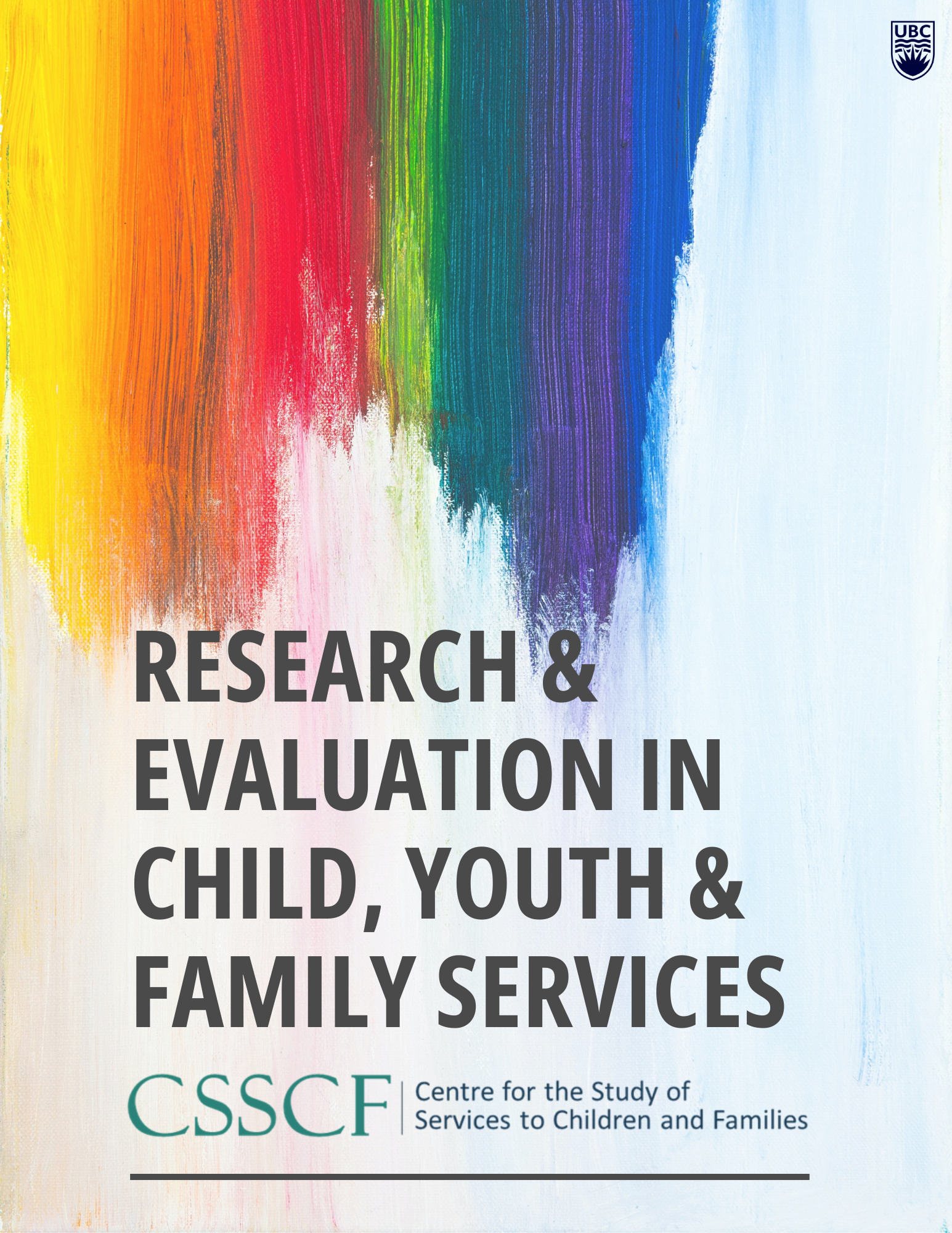Beyond Compliance: Exploring Quality In-Person Private Visits with Children and Youth in Care
DOI:
https://doi.org/10.14288/recyfs.v6i1.199602Keywords:
Child and Youth in Care , private visits, Child, Family and Community Service Act (CFCSA), policy, quality assuranceAbstract
This research was developed in response to child welfare audits published by the Ministry of Children and Family Development (MCFD) which found that Children and Youth in Care (CYiC) were not always seen by workers in accordance with policy guidelines. The study was grounded in Maslow’s Hierarchy of Needs to consider the function of worker visits with CYiC and how this contributes to their needs being met. A literature review was conducted to examine existing research on both quantity and quality of home visits with CYiC. This informed the following research questions, (1) What are the indicators of quality in-person private visits with children and youth in care that yield good outcomes? (2) What are the factors contributing to in-person private visits with children and youth in care not being completed as per policy requirements? (3) What can aid workers in the completion and documentation of in-person private visits? This explanatory and inductive research used a mixed-method approach collecting qualitative and quantitative data via an online survey. The eligibility criteria for participation included MCFD workers who currently hold guardianship responsibilities, which refers to workers who are accountable for children and youth in government care. The researchers conducted univariate and bivariate analysis to analyze the quantitative data which produced three key areas for examination - policy compliance, quality of visits, and documentation. The researchers also used codebook thematic analysis to analyze the qualitative data that resulted in the emergence of four themes including building connection, assessing well-being: ensuring safety, logistics, and building trust amidst trauma. The research found that although workers indicated they were completing visits with CYiC as per policy, they encountered significant barriers that challenged their ability to do so. The research also found that workers believed seeing CYiC once every 90 days was insufficient to assess safety or build meaningful relationships. Based on this research process, there are five encouraged considerations including (1) implementing flexibility in visit locations, (2) ensuring workers hold one job title, (3) integrating quality of visits into policy, (4) allocating funding for visits, and (5) streamlining documentation. To contribute further to this area of study, research should explore a child and youth centered lens, and examine this topic with Indigenous Child and Family Services (ICFS) Agencies. This research contributes knowledge to MCFD that may inform future revisions of Chapter 5: Child and Youth in Care Policy.
Downloads
Published
Issue
Section
License
Copyright (c) 2024 Research and Evaluation in Child, Youth and Family Services

This work is licensed under a Creative Commons Attribution-NonCommercial 4.0 International License.
This work is licensed under a Creative Commons Attribution-NonCommercial 4.0 Inrernational License. Copyright for articles published in this journal is retained by the authors, with first publication rights granted to the journal. By virtue of their appearance in this open access journal, articles are free to use, with propoer attribution, in edicational and other non-commercial settings.


